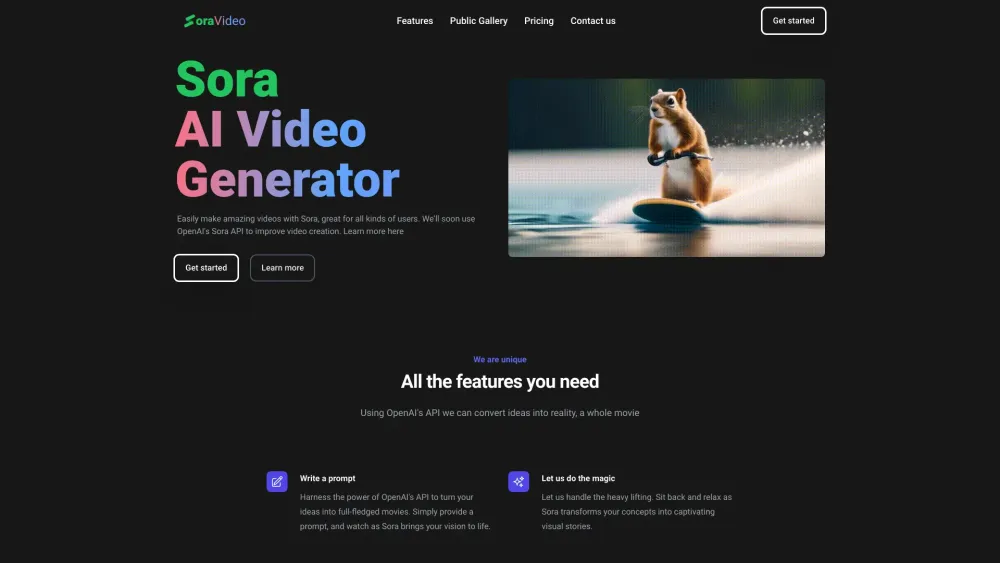Recently, the globally renowned artificial intelligence company OpenAI introduced a groundbreaking voice cloning technology called "Voice Engine." This innovative technology can create remarkably similar, emotionally expressive, and natural-sounding speech from just a simple text input and a 15-second audio sample of the original speaker. This advancement marks a significant milestone in the field of voice cloning.
Development of the Voice Engine began in 2022, and through OpenAI's relentless efforts, it has achieved significant breakthroughs. The technology has been successfully integrated into the company's text-to-speech API and Read Aloud features, offering users a more natural and fluid auditory experience.
OpenAI emphasizes that Voice Engine technology holds vital implications across various domains. In reading assistance and language translation, it can produce speech that closely resembles the original speaker's voice, making content more engaging and comprehensible. Additionally, the Voice Engine provides a lifeline for individuals with speech impairments, enabling them to use the technology to clone their voice and create personalized speech outputs, thereby enhancing communication fluency.
However, OpenAI is acutely aware of the potential misuse of synthetic voice technology. To ensure responsible deployment, the company is currently conducting small-scale tests with a select group of trusted partners, aiming to better understand the technology's applications and assess its risks.
To promote safe usage, OpenAI has established several safeguards, including watermarking technology to track audio origins and an active monitoring system for usage. These measures aim to prevent misuse and protect user privacy.
Looking ahead, OpenAI plans to further refine the Voice Engine technology and gradually introduce it to the market. Upon official launch, the company intends to implement a "Restricted Voice List" to identify and prevent AI-generated voices that closely resemble those of celebrities, thus addressing potential copyright and privacy concerns.
The introduction of OpenAI's voice cloning technology has garnered widespread attention, with experts broadly acknowledging its potential to revolutionize voice technology. At the same time, specialists urge society to prioritize the responsible deployment of synthetic voice technology to ensure its healthy development and maximize societal benefits.
In summary, OpenAI's "Voice Engine" has received acclaim in the industry for its outstanding performance and vast potential. As the technology continues to evolve and enter the market, it is anticipated that future voice solutions will become smarter and more natural, bringing greater convenience and enjoyment to people's lives.




